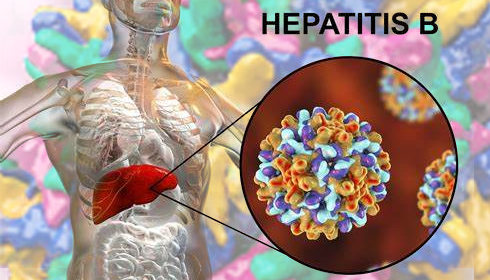
Study Reveals Global Underassessment and Undertreatment of Chronic Hepatitis B Virus
A recent study published online in the Journal of Hepatology highlights the widespread underassessment and undertreatment of chronic hepatitis B virus (HBV) on a global scale.
Conducted by Sahith Kudaravalli and colleagues from Stanford University in Palo Alto, California, the study examined rates of evaluation and treatment among adult treatment-naïve patients with chronic HBV. The analysis, conducted as part of the Real-World Effectiveness from the Global Alliance for HBV (REAL-B) consortium, included data from 12,566 patients across 25 centres in nine countries.
The findings revealed that only 73.3% of patients received adequate evaluation, with 32.6% of adequately evaluated individuals meeting the treatment eligibility criteria set by the American Association for the Study of Liver Diseases. Among treatment-eligible patients, 83.3% initiated nucleotide analogues (NAs). Similar trends were observed when using criteria established by the European Association for the Study of the Liver.
Upon adjusting for various factors including age, sex, cirrhosis, ethnicity, and region, the study found that female sex was associated with a higher likelihood of receiving adequate evaluation. However, female treatment-eligible patients were significantly less likely to initiate NAs compared to their male counterparts.
Of particular concern was the observation that Asian patients from Western regions exhibited the lowest rates of evaluation and treatment, underscoring the need for improved linkage to care. The authors stress the importance of implementing linguistically competent and culturally sensitive approaches to enhance access to care for affected populations.
It's worth noting that several authors of the study disclosed ties to the pharmaceutical industry, highlighting the collaborative efforts between academia and industry in addressing the challenges surrounding chronic HBV management.
These findings shed light on the urgent need to bridge the gap in the assessment and treatment of chronic HBV globally, emphasising the importance of tailored interventions to ensure equitable access to care for all affected individuals.